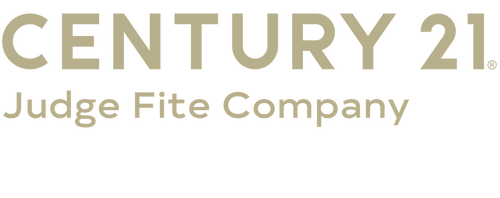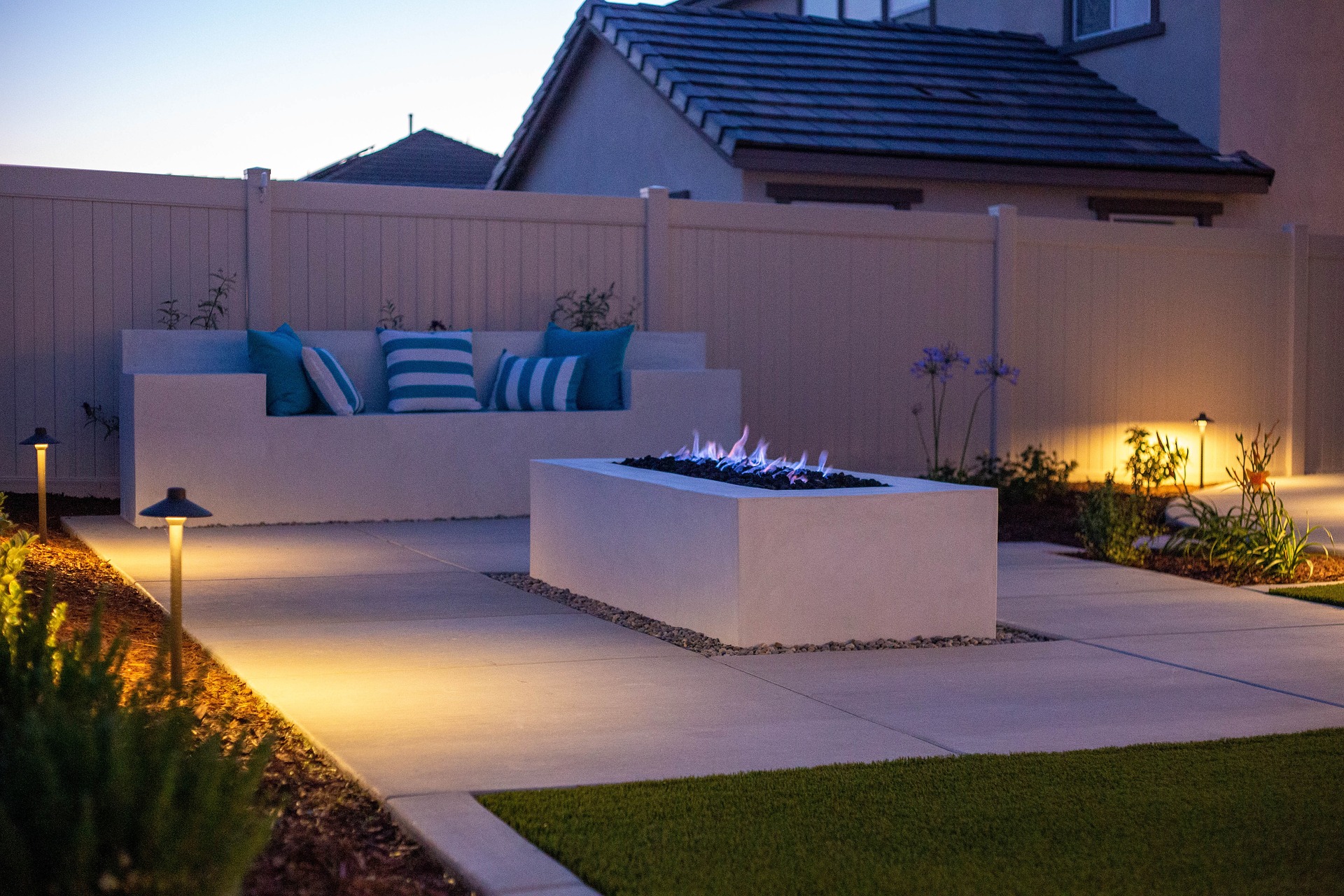Buying a home is a significant milestone in many people’s lives, marking a transition towards stability, investment, and personal fulfillment. However, amidst the excitement of finding the perfect place to call home, it’s crucial to be aware of the upfront costs involved in the home buying process. These expenses extend beyond the down payment and include various fees and charges that prospective buyers need to budget for. Additionally, there are out-of-pocket expenses for inspections and appraisals that are often overlooked but essential for ensuring the property’s value and structural integrity.
Upfront Costs: A Breakdown
1. Down Payment
– The down payment is typically the largest upfront cost when purchasing a home. It’s a percentage of the total purchase price that buyers pay upfront. The percentage varies depending on the type of mortgage and the lender’s requirements.
– Conventional loans usually require a down payment ranging from 3% to 20% of the home’s purchase price, while government-backed loans like FHA loans may require lower down payments, sometimes as low as 3.5%.
2. Closing Costs
– Closing costs encompass various fees and charges associated with finalizing the home purchase transaction. These costs typically range from 2% to 5% of the home’s purchase price.
– Common closing costs include loan origination fees, appraisal fees, title insurance, attorney fees, property taxes, and prepaid homeowners insurance premiums.
3. Earnest Money Deposit
– An earnest money deposit is a good faith deposit made by the buyer to the seller to demonstrate their serious intention to purchase the property. It’s usually a small percentage of the purchase price, typically around 1% to 3%.
– If the sale goes through, the earnest money deposit is applied towards the down payment or closing costs. If the sale falls through due to contingencies outlined in the purchase agreement, the earnest money is typically refunded to the buyer.
4. Pre-Purchase Costs
– Before closing on a home, buyers may incur various pre-purchase costs, including home inspections and appraisal fees. Talk with your real estate agent about what you can expect to pay for each of these.
– These costs are essential for assessing the condition and value of the property and ensuring that buyers are making an informed decision.
Conclusion
Buying a home involves various upfront costs and out-of-pocket expenses that buyers need to be prepared for. From the down payment and closing costs to pre-purchase expenses like inspections and appraisals, understanding these costs is essential for budgeting and planning a successful home purchase. By being aware of these expenses and working closely with real estate professionals, prospective homebuyers can navigate the home buying process with confidence and make informed decisions that align with their financial goals and priorities.


 Facebook
Facebook
 X
X
 Pinterest
Pinterest
 Copy Link
Copy Link


